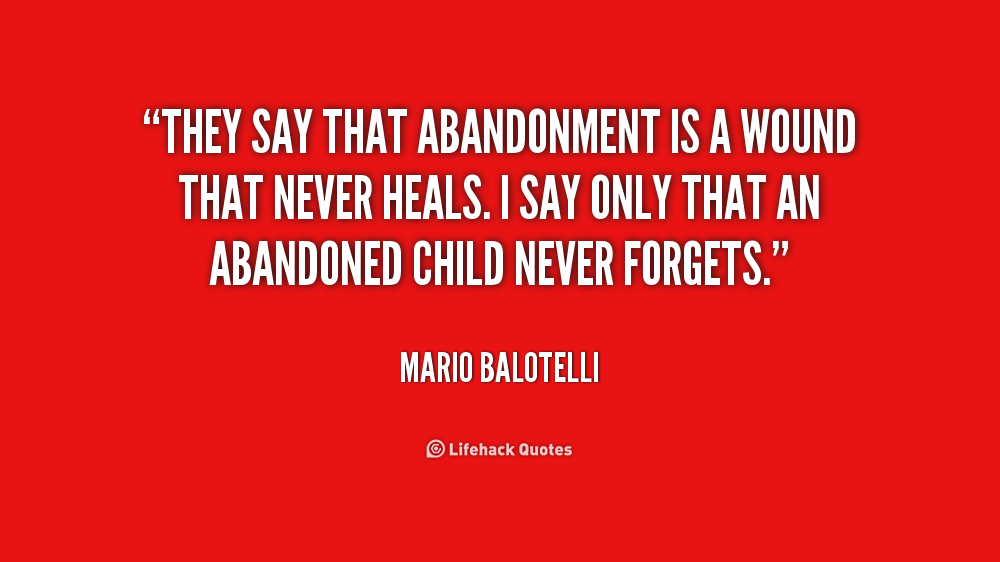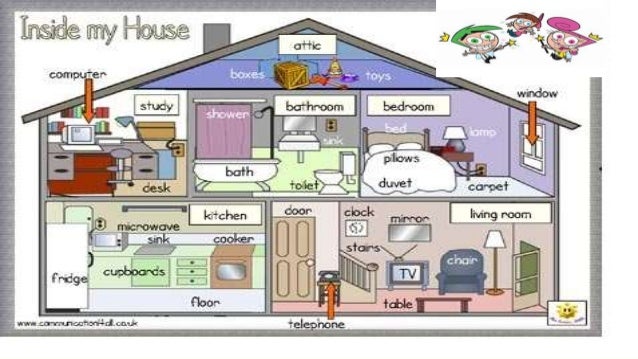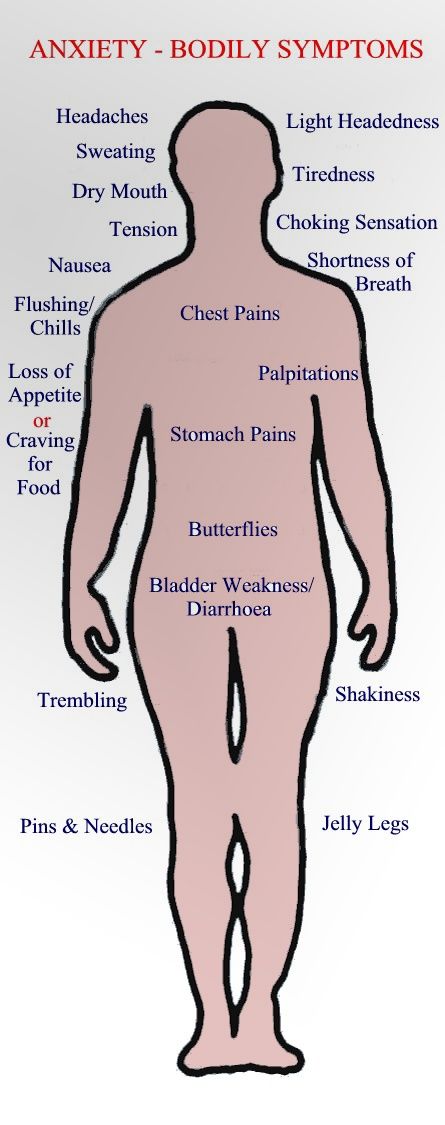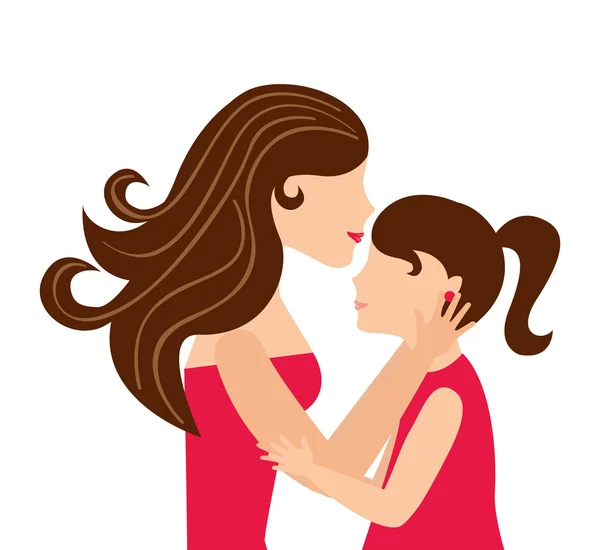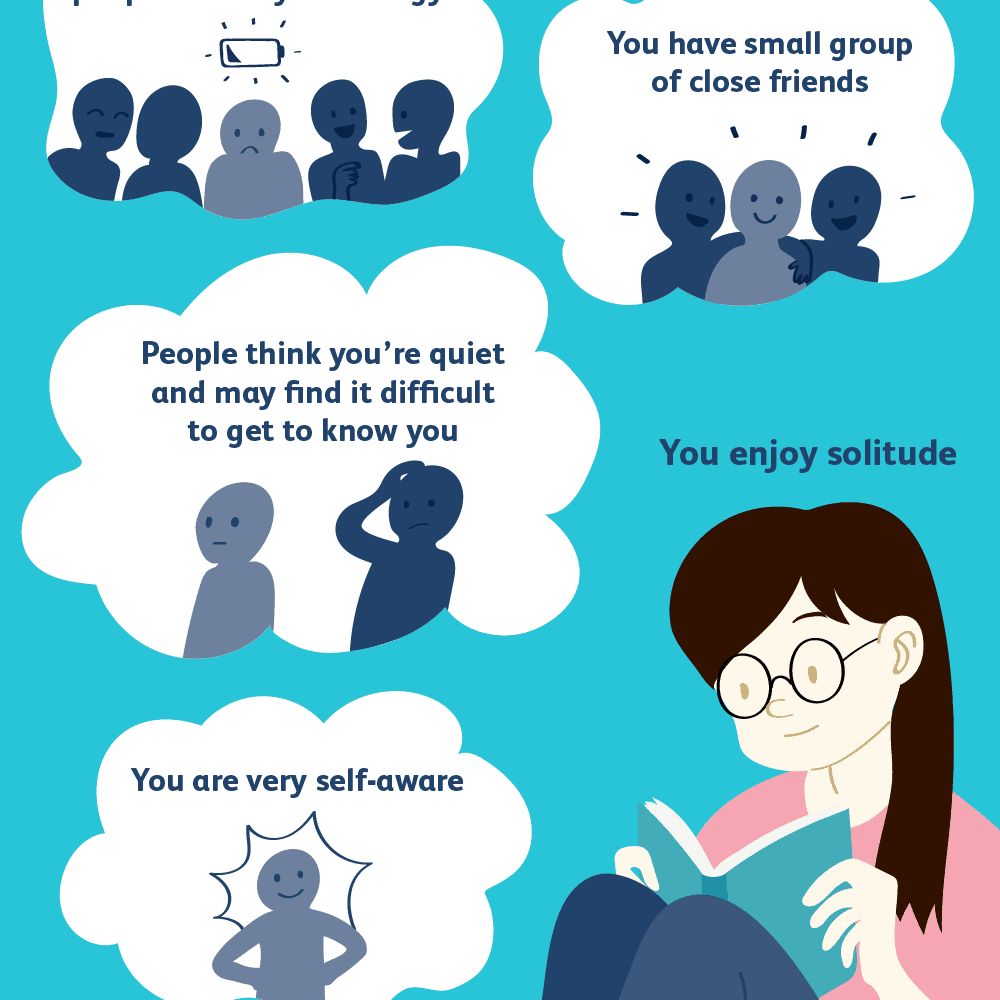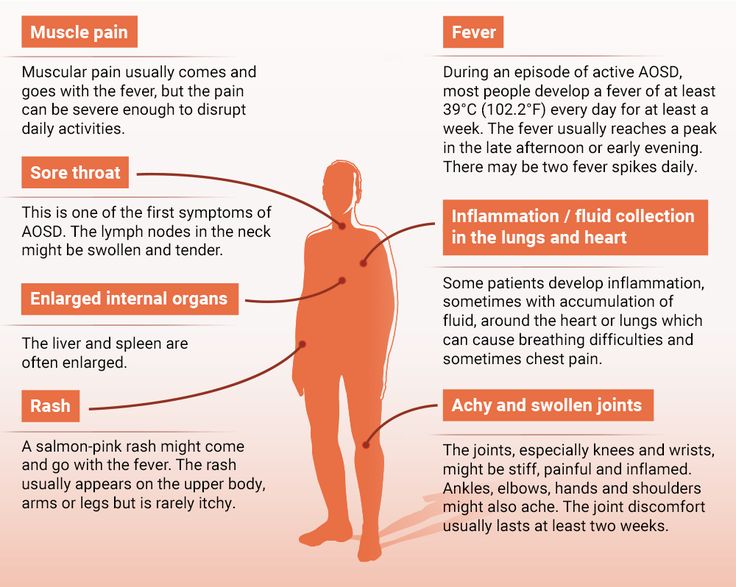The effects of abandonment on a child
The Long-Term Effects of Abandonment
One of the most egregious behaviors a parent or other caregiver can do to a child is to abandon them, allowing them to suffer alone. The damages done to the child when grown are significant and should not be ignored.
In this article, we shall examine together what childhood abandonment is, how it affects adults, and ways to mitigate the power it has over our lives.
What is Abandonment?All children are entirely dependent upon parents or caregivers for their safety in their environment. When these caretakers fail to offer support and meet the child’s needs, emotionally and physically, they are said to have abandoned their child.
When parents abandon their children, their kids grow up feeling unsafe in the world and feeling people cannot be trusted. These unsafe feelings lead to the child experiencing emotions where they feel they do not deserve positive attention or adequate care.
For many children, abandonment is physical and may include:
- Lack of supervision
- Physical or sexual abuse
- Narcissistic abuse
- The inappropriate offering of nutrition
- Inadequate clothes, heat, shelter, or housing
For other children, abandonment takes the form of emotional neglect and abuse when parents do not give to their children emotional conditions and environments that are necessary for their healthy development.
The child is left feeling inadequate, rejected, and damaged, needing to hide themselves away from others knowing who they are on the inside. Abandoned children are left believing it is not okay to make mistakes, that it is not okay to show their genuine emotions, that they should not have needs, and that it is not okay to be successful.
Fear of Abandonment in AdulthoodBecause they were neglected and abused as children, many adults grow up having internalized all the messages they received from their parents when they were young. Also, because they craved attention from their abusive parents, many adults grow up fearing losing the love of those they have in their lives.
Fear of abandonment is not a mental illness by itself but rather a form of anxiety that can negatively affect those who experience it. Adults experiencing abandonment issues often experience problems in their relationships because they fear the other person will leave them.
It is vital to recognize the signs of abandonment issues so that these issues may be tackled head-on. They include:
- They fear giving too much in a relationship.
- They push people away to avoid rejection.
- They are often people pleasers.
- They experience codependency.
- They feel insecure in intimate relationships and friendships.
- They require repeated reassurances that they are loved.
- They feel the need to control others.
- They jump from one relationship to another.
- They often will sabotage their relationships.
Other symptoms that may challenge a survivor of abandonment’s life include the following:
- Constant worry
- Panic or anxiety
- Fear of being alone
- Isolation
- Frequent physical illnesses
- Low self-esteem
- Addiction
- Disordered eating
- Self-harm
Knowing the signs and symptoms can help you fight abandonment issues.
People who have experienced abandonment might be more likely to have long-term mental health disorders, often based on the fear the abandonment will happen again in their adult relationships. Mood swings and anger issues later in life can often be traced to abandonment in infancy due to the lack of emotional and other support from parents.
Some of the mental health conditions thought to be heavily influenced by abandonment include:
- Anxiety
- Depression
- Codependency
- Attachment anxiety
- Borderline personality disorder
For someone who lacks self-esteem due to childhood abandonment, the fear of being abandoned again becomes a self-fulfilling prophecy as their clinginess, and other negative behaviors tend to push away potential life partners and friends.
Other long-term consequences affect future generations of those who experienced abandonment as a child.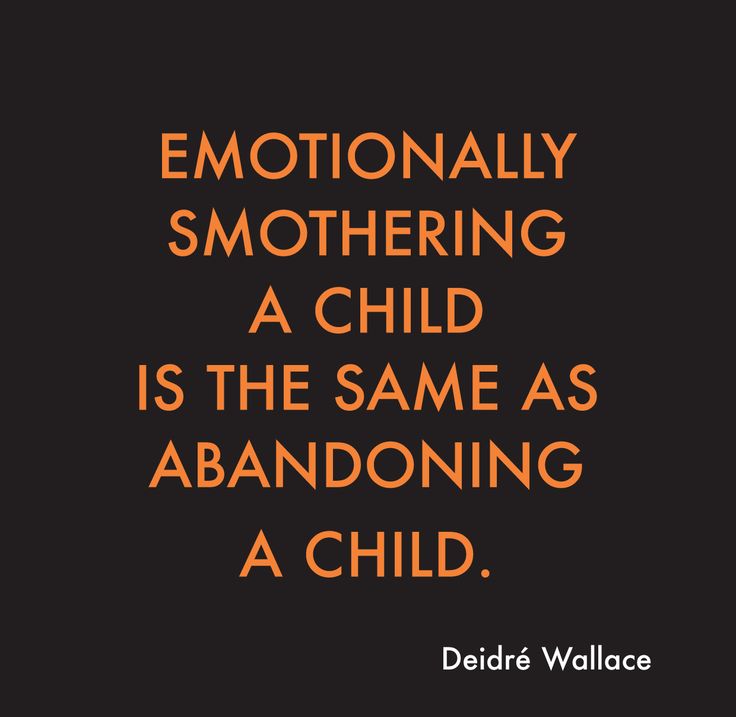 A recent study, published in Biological Psychiatry: Cognitive Neuroscience and Neuroimaging found that the offspring of the abandoned and neglected inherit brain abnormalities from their mothers show up as functional dysconnectivity between the amygdala and medial prefrontal regions of their children’s brains shortly after birth.
A recent study, published in Biological Psychiatry: Cognitive Neuroscience and Neuroimaging found that the offspring of the abandoned and neglected inherit brain abnormalities from their mothers show up as functional dysconnectivity between the amygdala and medial prefrontal regions of their children’s brains shortly after birth.
The Treatments for Childhood Abandonment in Adults
The treatment of abandonment issues focuses mainly on establishing healthy emotional boundaries and building a plethora of new responses when old thought patterns of fear begin to emerge or reemerge.
There are two primary treatments for abandonment that work tightly together to treat abandonment and neglect issues, including the following.
Psychotherapy. While psychotherapy is not for everyone, seeking out a mental health professional’s help can help those who were the victims of childhood abandonment and neglect. They can learn to overcome their fears of being abandoned again. Therapists work with their clients to understand where the fear originates and how it affects their relationships.
Therapists work with their clients to understand where the fear originates and how it affects their relationships.
Self-Care. Self-care includes making sure the survivor healthily meets their emotional needs by forming friendships and relationships and allowing themselves to trust.
Should you love someone who has abandonment issues, there are ways you can support them while they heal.
Validate their fears. This means that you should acknowledge their feelings of abandonment without judgment. This move is vital to maintaining open communication. Validating a loved one’s fears doesn’t mean agreeing with them, but instead, supporting their feelings to further build on trust and compassion.
You can do this by following the six-level approach mentioned in Psychology Today.
- Be present and actively listen to their concerns.
- Reflect and summarize your loved one’s feelings verbally and without judgment.
- Become a mind-reader, and by listening to what they say help them identify their emotions.
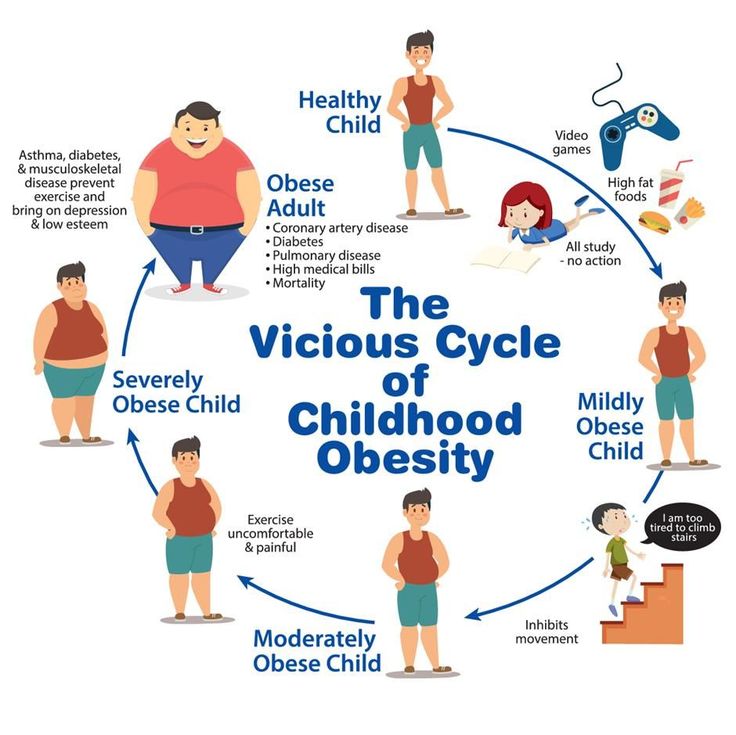
- Understand their history so you can openly state that you understand when circumstances trigger their past history of abandonment.
- “Normalize” their fears by acknowledging the fact that others with their history have fears of abandonment and that their feelings are understandable.
- Use radical genuineness to deeply validate your loved one and share your loved one’s fears as your own.
The treatment of abandonment anxiety can be very successful, but it requires commitment and self-care. Many people with abandonment issues do not see how destructive their behaviors have been to their relationships until it is pointed out to them and they begin to heal.
However, treatment can teach new ways of thinking and coping to end the overarching and debilitating power of abandonment in childhood.
“A friend is someone who knows all about you and still loves you.” ~Elbert Hubbard
“Being deeply loved by someone gives you strength while loving someone deeply gives you courage.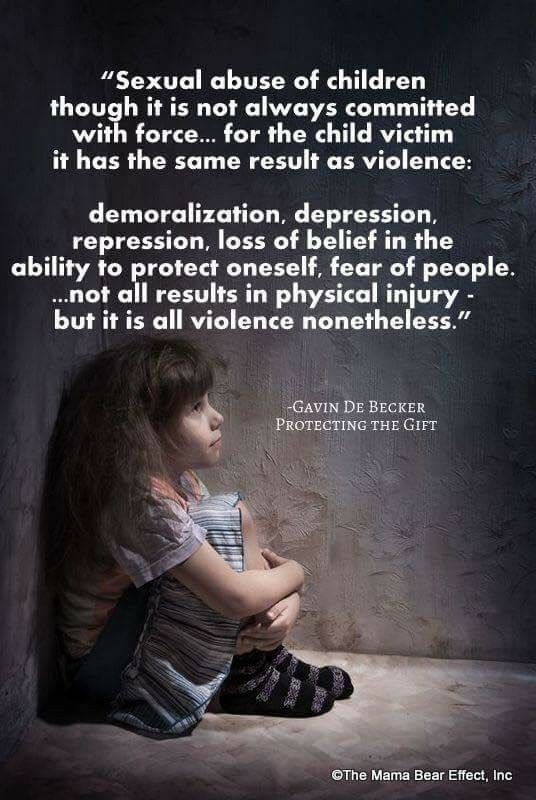 ” ~ Lao Tzu
” ~ Lao Tzu
20 signs someone has abandonment issues. (2017, September 8). Retrieved from https://www.aconsciousrethink.com/6064/signs-abandonment-issues
Abandonment & attachment-related trauma treatment & rehab center. (n.d.). Retrieved from http://www.therefuge-ahealingplace.com/ptsd-treatment/abandonment
Hendrix, C. L., Dilks, D. D., McKenna, B. G., Dunlop, A. L., Corwin, E. J., & Brennan, P. A. (2020). Maternal childhood adversity associates with frontalamygdala connectivity in neonates. Biological Psychiatry: Cognitive Neuroscience and Neuroimaging.
Megase, K. (2016, March 3). How fear of abandonment affects relationships. Retrieved from https://www.counselling-directory.org.uk/counsellor-articles/how-fear-of-abandonment-affects-relationships
Schoenfelder, E. N., Sandler, I. N., Wolchik, S., & MacKinnon, D. (2011). Quality of social relationships and the development of depression in parentally-bereaved youth. Journal of Youth and Adolescence, 40(1), 85-96. Retrieved from http://search.proquest.com/docview/821697890?accountid=1229
Journal of Youth and Adolescence, 40(1), 85-96. Retrieved from http://search.proquest.com/docview/821697890?accountid=1229
Wade, B. (1995, 04). Fear of abandonment. Essence, 25(79). Retrieved from http://search.proquest.com/docview/223174140?accountid=1229
Rescuing My Inner Child
A Compassionate Guide to Talking about LBGTQ Issues
The Human Autonomic Nervous System and Emotional Flashbacks
Shirley Davis
My name is Shirley Davis and I am a freelance writer with over 40-years- experience writing short stories and poetry. Living as I do among the corn and bean fields of Illinois (USA), working from home using the Internet has become the best way to communicate with the world. My interests are wide and varied. I love any kind of science and read several research papers per week to satisfy my curiosity. I have earned an Associate Degree in Psychology and enjoy writing books on the subjects that most interest me.
I have earned an Associate Degree in Psychology and enjoy writing books on the subjects that most interest me.
19 Lasting Effects of Abandoning or Emotionally Unavailable Parents
19 Lasting Effects of Abandoning or Emotionally Unavailable Parents- Conditions
- Featured
- Addictions
- Anxiety Disorder
- ADHD
- Bipolar Disorder
- Depression
- PTSD
- Schizophrenia
- Articles
- Adjustment Disorder
- Agoraphobia
- Borderline Personality Disorder
- Childhood ADHD
- Dissociative Identity Disorder
- Narcissistic Personality Disorder
- Narcolepsy
- Oppositional Defiant Disorder
- Panic Attack
- Postpartum Depression
- Schizoaffective Disorder
- Seasonal Affective Disorder
- Sex Addiction
- Specific Phobias
- Teenage Depression
- Trauma
- Featured
- Discover
- Wellness Topics
- Black Mental Health
- Grief
- Emotional Health
- Sex & Relationships
- Trauma
- Understanding Therapy
- Workplace Mental Health
- Original Series
- My Life with OCD
- Caregivers Chronicles
- Empathy at Work
- Sex, Love & All of the Above
- Parent Central
- Mindful Moment
- News & Events
- Mental Health News
- COVID-19
- Live Town Hall: Mental Health in Focus
- Podcasts
- Inside Mental Health
- Inside Schizophrenia
- Inside Bipolar
- Wellness Topics
- Quizzes
- Conditions
- ADHD Symptoms Quiz
- Anxiety Symptoms Quiz
- Autism Quiz: Family & Friends
- Autism Symptoms Quiz
- Bipolar Disorder Quiz
- Borderline Personality Test
- Childhood ADHD Quiz
- Depression Symptoms Quiz
- Eating Disorder Quiz
- Narcissim Symptoms Test
- OCD Symptoms Quiz
- Psychopathy Test
- PTSD Symptoms Quiz
- Schizophrenia Quiz
- Lifestyle
- Attachment Style Quiz
- Career Test
- Do I Need Therapy Quiz?
- Domestic Violence Screening Quiz
- Emotional Type Quiz
- Loneliness Quiz
- Parenting Style Quiz
- Personality Test
- Relationship Quiz
- Stress Test
- What's Your Sleep Like?
- Conditions
- Resources
- Treatment & Support
- Find Support
- Suicide Prevention
- Drugs & Medications
- Find a Therapist
- Treatment & Support
By Audrey Sherman, Ph. D. on July 22, 2017
D. on July 22, 2017
Dysfunctional families and parents come in many styles and carry out many different dynamics. One of the most damaging styles or dynamic is one where as a child you are abandoned or you live in fear of abandonment. This can be actual physical abandonment or emotional abandonment. Threats of abandonment are damaging also and are also common in these families. You may have lived in fear of being abandoned if you did not please your parent or caregiver.
This fear often manifests itself as depression as you feel helpless to control the impending abandonment. You may have suffered stomachaches or headaches as a child, signs of anxiety. You may not have known if the threats were real or if your parents were using these threats as a disciplinary technique. As a child you really shouldn’t have to think about that. You ideally would be in a safe and nurturing environment where your behavior was corrected in a constructive manner.
This parenting dynamic can be carried out by one parent or both. When parents fight with each other and one then threatens to leave all the time it creates fear and uncertainty. When a parent storms out of the house in anger you wonder if they are coming back.
When parents fight with each other and one then threatens to leave all the time it creates fear and uncertainty. When a parent storms out of the house in anger you wonder if they are coming back.
If you are adopted or are from a step family or divorced family where one of your parents did not uphold contact or care with you after leaving you may suffer from attachment disorders or other emotional difficulties having to do with abandonment. You may have blamed yourself for the parent not sticking around. You feel if you had been “better” your parent would still be there.
Even the death of a parent can trigger symptoms, as well as the loss of a parent who is hospitalized for long periods. Even though this situation was not deliberate by your the parent, it may have felt like you had been abandoned. If everyone in the family was focused on the ill person, your emotional needs and fears may not have been addressed.
When actually abandoned, the idea or core belief is established that you are unlovable or unwanted.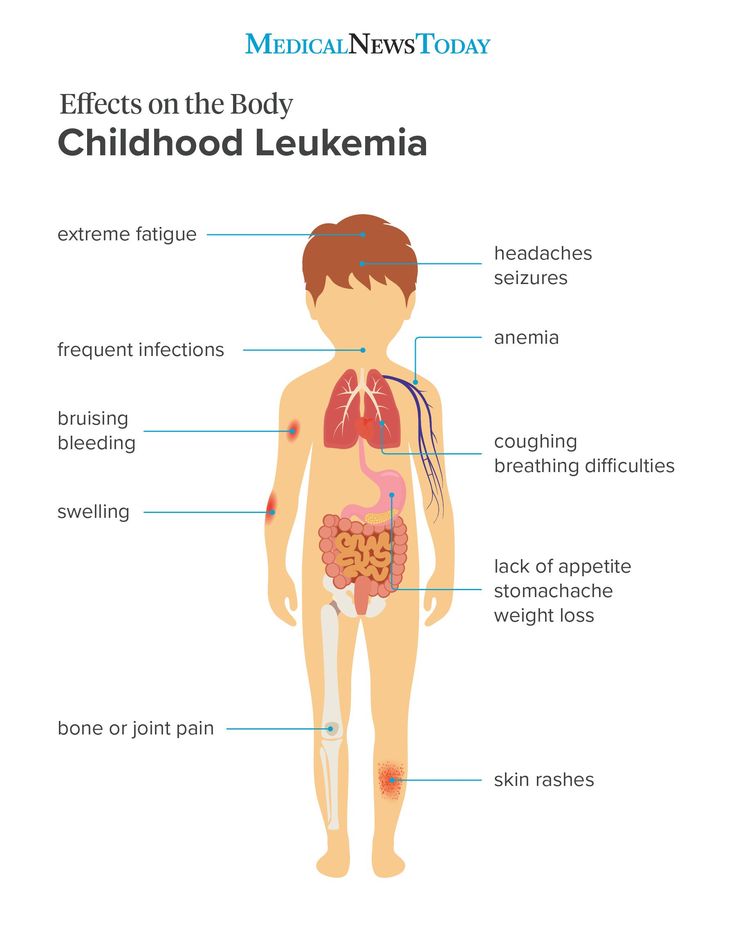
If your parents used this technique to discipline it is likely that they suffered from an attachment disorder or other emotional difficulty themselves, starting in their own childhood. It was imprinted on them also that if you dont please the parent, love may be withheld. A belief that they then passed on to you.
If you grew up under these conditions you may not handle separation well, as you expect to be abandoned. That pending abandonment feeling can be fueled by very subtle things, like your partner being distracted or non-attentive. When in relationships, there is a pervasive feeling and belief that the other person will eventually be gone. These trust issues tend to hang on for life if not addressed.
Here are some examples of the kinds of statements heard in these dysfunctional households:
- I am going to call the orphanage and give you away if you dont behave
- I am going to call the snake farm and see if theyre hungry today.
- I dont care what you do; I give up on you.
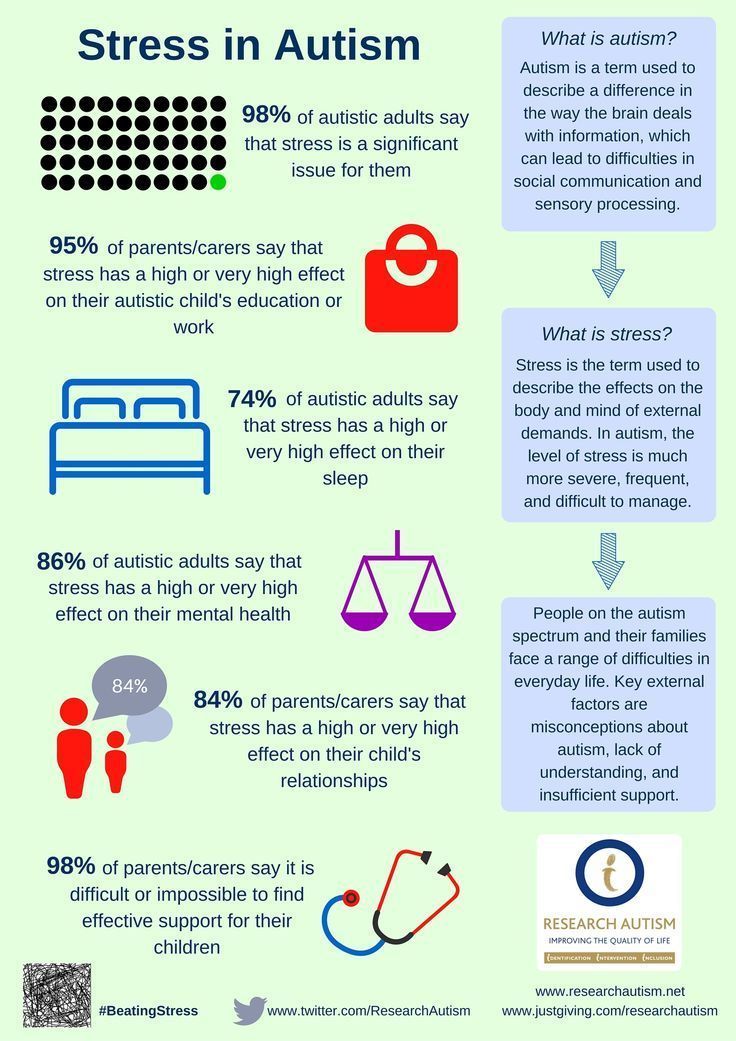
- Do you want me to stop this car and put you out?
- You can all stay here, I am leaving. Fend for yourselves.
Below are 19 emotional difficulties commonly experienced by adult children of abandoning/emotionally unavailable parents:
- Abusive relationship
- Anxiety Disorders or symptoms
- Attachment Disorders
- Borderline Personality Disorder
- Care-taking and Codependency
- Chaotic Lifestyle
- Clingy/needy behavior
- Compulsive behaviors may develop
- Depression
- Desperate relationships/relationships that happen too fast
- Disturbances of mood, cannot self-regulate and experiences emotions in extreme
- Extreme jealousy and possessiveness
- Lack of confidence, self-esteem issue
- May be poor at self-soothing
- People-pleasing behaviors to detriment of self.
- Poor coping strategies
- Promiscuity
- Relationship problems
- Trust issues
If any of these describe you or if you have been diagnosed with any of these conditions it is likely that you feel bad about yourself.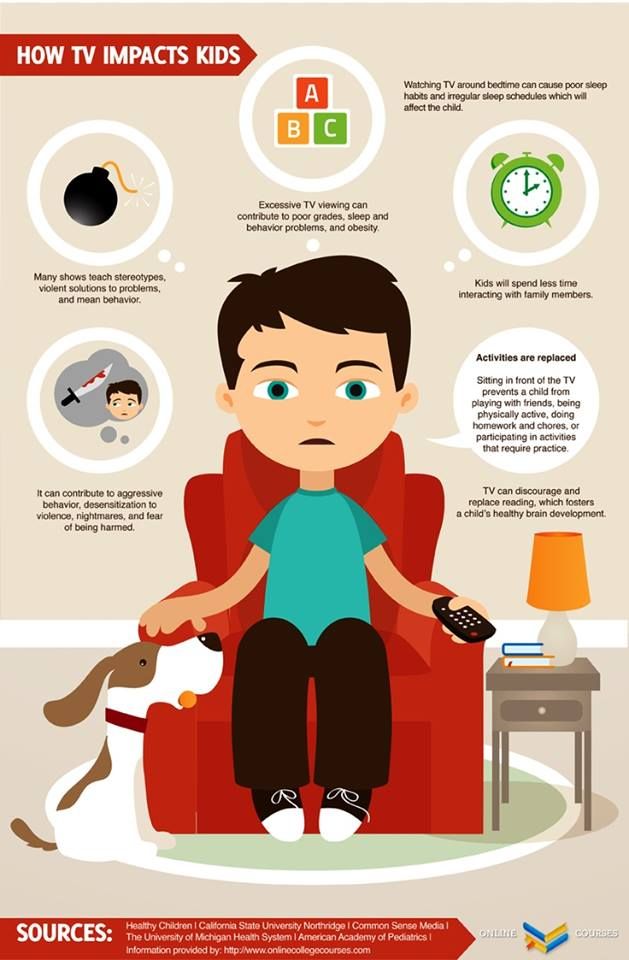 You may be being treated for a biochemical disorder or feel you have a mental illness. The sad part is that given what you experienced, how your brain dealt with it is normal. That is the way anyone would feel when abandoned. It does not mean something is wrong with you. It means something was wrong with your caregivers care-taking abilities and it created emotional distress for you.
You may be being treated for a biochemical disorder or feel you have a mental illness. The sad part is that given what you experienced, how your brain dealt with it is normal. That is the way anyone would feel when abandoned. It does not mean something is wrong with you. It means something was wrong with your caregivers care-taking abilities and it created emotional distress for you.
Your brain developed coping mechanisms designed to protect you. It developed distrust in order to not be hurt again. It developed anxiety to be watchful for the same reasons and so on. It told you to develop strategies for hanging on to people so you wouldn’t be left alone. Even if those strategies might not be great for you in the long run. Remember, the underlying powerful emotion driving these developments is fear. Fear can make us do funny things. Not funny ha ha but funny as in hard to explain.
Understanding this is critical to your well-being. It does not mean you have to reject, confront, blame or punish your parents in some way. It just means you have to gain insight into what was the true starting point of your current emotional difficulties in order to develop a clear path to feeling better. As a child you couldn’t do much to escape your distress but as an adult you can conquer it by understanding its roots and putting it in it’s place.
It just means you have to gain insight into what was the true starting point of your current emotional difficulties in order to develop a clear path to feeling better. As a child you couldn’t do much to escape your distress but as an adult you can conquer it by understanding its roots and putting it in it’s place.
FEEDBACK:
By Audrey Sherman, Ph.D. on July 22, 2017
Read this next
What Is the Difference Between Supporting and Enabling?
If a loved one is living with a mental health condition or substance misuse, knowing the difference between supporting and enabling behaviors may help…
READ MORE
5 Ways to Deal With Feelings of Not Being Good Enough
Low self-esteem and unfair comparisons may make you feel unworthy. But asking challenging questions will reveal you have so much to offer the world.
READ MORE
How Many First Marriages End in Divorce? Statistics and Facts
Medically reviewed by Jennifer Litner, LMFT, CST
More research is needed to determine divorce statistics within the first year of marriage.
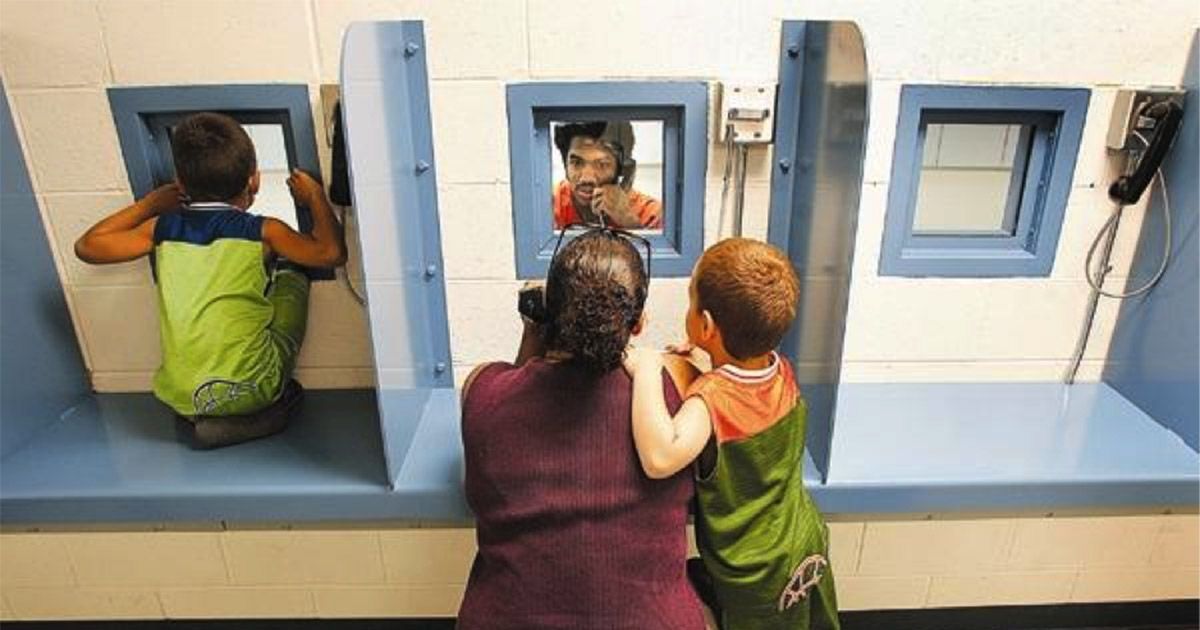 As of 2015, 22% of couples divorce within the first five…
As of 2015, 22% of couples divorce within the first five…READ MORE
When Everyone Else Is Married with Children
If your friends are settling down, it can feel lonely. But tips, like exploring new hobbies and traditions, can help you enjoy singleness and maintain…
READ MORE
What to Do If Your Partner Doesn't Want to Attend Marriage Counseling
Marriage counselors can help you effectively communicate with your partner. But if your spouse won't go to marriage counseling, other options are…
READ MORE
Self Punish Often? How to Course Correct without Chastising
Medically reviewed by Jennifer Litner, LMFT, CST
If you berate, or actually physically hurt yourself without thinking twice, here's how to redirect yourself healthily.

READ MORE
What Is a Moral Compass and How to Find Yours
Your moral compass and ethics may sound like the same set of values, but your moral compass is your personal guide to what’s right and wrong.
READ MORE
Atelophobia: Overcoming this Fear of Making Mistakes
The fear of making mistakes or being imperfect is known as atelophobia. Here are treatments and self-help methods to overcome it.
READ MORE
What Is an ‘Energy Vampire’ and How to Protect Yourself
Medically reviewed by Danielle Wade, LCSW
After being with a friend, colleague, or family member, do you tend to feel emotionally exhausted? You might be dealing with an energy vampire.
READ MORE
10 Exercises to Heal Your Inner Child
Medically reviewed by Joslyn Jelinek, LCSW
Inner child exercises can help you parent and nurture your inner child, offering them the comfort they need.
 We look at 10 exercises you can try today.
We look at 10 exercises you can try today.READ MORE
Child abandonment: causes, procedure, consequences
- Legal basis
- Main reasons for child abandonment
- Reasons for a mother to abandon a child
- Reasons for the father of the father
- Child abandonment procedure
- Application for abandonment of a child: sample
- Can a refusal be annulled?
- How soon can a child be adopted?
There are situations in life when parents cannot bear such a burden as raising children, and therefore decide to abandon them. Some do it immediately at the birth of a child, while others, for a number of reasons, do it until the child comes of age.
Simply giving up a child is not legally possible. There is not a single article in the legislation of the Russian Federation that would regulate the process of unauthorized refusal to support and raise a child.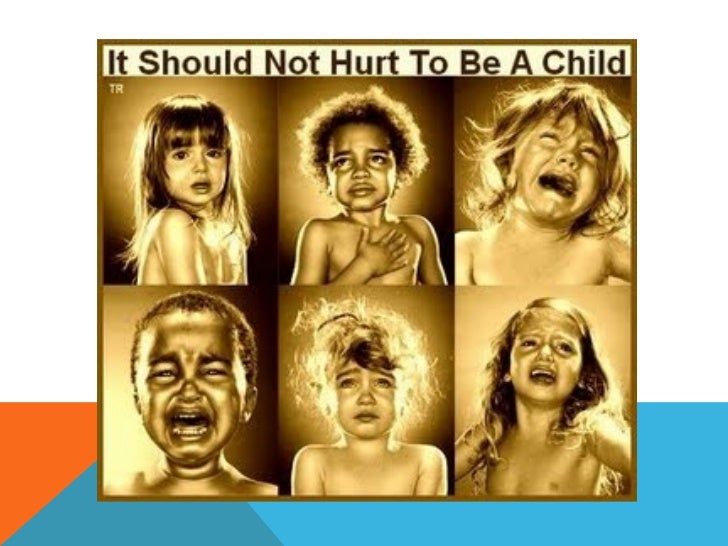 Therefore, further in the article the legal basis for abandoning children, the reasons and consequences of such a decision will be considered.
Therefore, further in the article the legal basis for abandoning children, the reasons and consequences of such a decision will be considered.
Legal basis
The law does not recognize or describe or regulate actions such as voluntary relinquishment of parental rights. The Family Code of the Russian Federation does not contain such an article.
Having written a refusal from the child and submitted all the necessary documents to the court, you should not consider yourself free and not related to the child. It is worth waiting for an answer and finding out the amount of alimony, which, according to the court order, the parent will still transfer to the upbringing of persons who will take responsibility for the child.
Often, the behavior of the father in the family is unworthy. And the mother is ready to take any action, if only he wrote a refusal of the child and no longer harmed and interfered with the upbringing of the child, did not oppress the minor morally and did not punish physically.
The above example shows that if the father behaves unworthily, and in his place there is a man who is ready to take responsibility for the child - to adopt the baby. The problem is that the place of the father, according to the law, is already taken. In order to release him, the biological father must be deprived of parental rights. If the procedure is carried out voluntarily, with the consent of both parties, then the biological father writes the refusal of the child.
Regulate the procedure for voluntary abandonment of a child by one of the parents of Articles 69, 70, 71 of the Family Code of the Russian Federation. The articles describe the regulation of the procedure for deprivation of parental rights, but the abandonment of a child, in this case, is equivalent to the deprivation of parental rights.
An application is made according to the rules given in Article 131 of the Code of Civil Procedure of the Russian Federation. The law establishes that the format of the trial must comply with that described in paragraphs.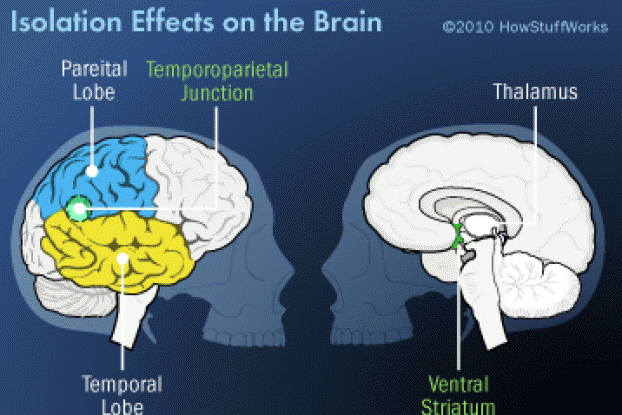 4 p. 1 art. 23 and 24 Code of Civil Procedure of the Russian Federation.
4 p. 1 art. 23 and 24 Code of Civil Procedure of the Russian Federation.
Main reasons for abandoning a child
In order to abandon a child (lose parental rights), you need to know what the consequences of such a decision will be. It also requires reasons according to which it is possible to initiate the procedure for depriving parental rights and writing a voluntary abandonment of the child.
Article 69 of the Family Code of Russia describes the reasons why you can write a refusal of a child:
- Father refuses to pay maintenance payments to the account;
- Spouses want to divorce or are already divorced, as a result they do not want to contact each other;
- A conscious decision not to take your child out of a medical facility. For example, a mother refuses a child in a maternity hospital;
- One of the parents uses brute force against the child;
- Providing psychological pressure on a child, manipulative behavior;
- The presence of one of the parents in the family poses a threat to the life and health of the child;
- An ancestor has a severe form of dependence - alcohol addiction, addiction to drugs, etc.
 ;
;
The procedure for abandoning a child will vary depending on whether the mother or father wishes to write a refusal, the reasons for the refusal and the circumstances. To begin with, consider the general grounds for abandoning a child.
Court practice is not alien to cases when both parents want to give the child into more reliable hands and want to write a refusal of the child. Often such situations happen in the maternity hospital, and parents indicate the following reasons:
- the mother's pregnancy was not planned by the couple, their young age does not allow them to assume responsibility for the maintenance and upbringing of the newborn;
- by birth, the infant was diagnosed with a serious illness;
- difficult financial situation, the state of health of parents, which does not allow them to earn large sums and provide for little.
Reasons why a mother may refuse a child
A mother who wishes to abandon her child in the maternity hospital cannot do so by signing only a refusal. She will have to go through the appropriate procedures in court, after which she will be deprived of her rights to the child, who will then be transferred to the authorized bodies to ensure the protection of the baby's life and consider who will continue to raise him - the state or he will be adopted into the family.
She will have to go through the appropriate procedures in court, after which she will be deprived of her rights to the child, who will then be transferred to the authorized bodies to ensure the protection of the baby's life and consider who will continue to raise him - the state or he will be adopted into the family.
Regardless of the reason for the deprivation of rights and abandonment of the child, the mother is not exempted from paying the amount established by the court for the maintenance of the child, until the child reaches 18 years of age.
The child has the right to inherit the property of the parents, even if they have renounced it. This is true until the adoption of this child by another couple. In this case, he will have the right to inherit the property only of the adoptive parents.
In the event of the death of a parent who wrote a waiver of the child and was deprived of parental rights, but transferred maintenance payments, the authorized bodies issue a survivor's pension for the child in the amount of payments received earlier.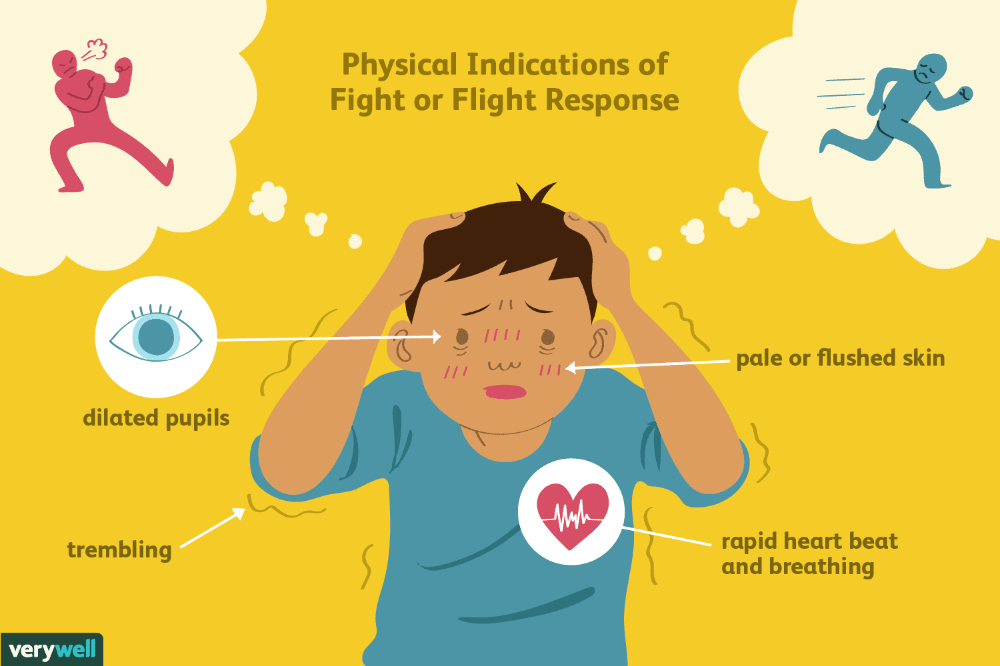 As can be seen from the description presented, it will not work to completely part with responsibilities. He will need to be supported, he may inherit the benefits of his parents, and so on.
As can be seen from the description presented, it will not work to completely part with responsibilities. He will need to be supported, he may inherit the benefits of his parents, and so on.
What to do mother refuser who wants to say goodbye to the baby in the maternity hospital. A number of mothers leave the territory of the maternity hospital, leaving the child and not informing anyone about it. This is a negative outcome. But, there are also mothers who, for a number of reasons, cannot assume the responsibility for raising a child. In this case, they act as follows:
- write an application addressed to the head physician of the maternity hospital;
- in the document indicate that they do not plan to take the child;
- consent to the adoption of the infant by third parties.
The application is written on a sheet of A4 paper, by hand. It indicates the address of residence of the mother, her full name, certified by the signature of the woman giving birth.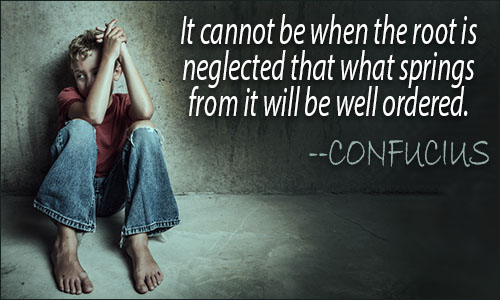 Having received such papers, the head physician sends them to the guardianship and guardianship authorities, which redirect the papers to the court and initiate the procedure for deprivation of parental rights. According to the law, the procedure takes about six months, which are given to the mother to think about her decision and solve everyday problems, due to which she cannot take the baby to raise.
Having received such papers, the head physician sends them to the guardianship and guardianship authorities, which redirect the papers to the court and initiate the procedure for deprivation of parental rights. According to the law, the procedure takes about six months, which are given to the mother to think about her decision and solve everyday problems, due to which she cannot take the baby to raise.
Not only maternity hospitals refuse to raise a minor. A married woman, for a number of reasons, can also initiate a child abandonment procedure. In this case, confirmation of the father of the child is required. The man with whom the woman is divorced is also recognized as the father of the child, but less than 300 days have passed since the divorce. The former spouse, not wanting to take responsibility for the child, is urged by the court to file a similar application for deprivation of parental rights.
There is no need to look for a father if she is not married or if more than 300 days have passed since the divorce.
If a man, having learned about the mother's actions, wants to take responsibility for raising the baby, he must apply to the court and express a desire to become the legal representative of the child.
Immediate relatives have priority in adoption. In case of refusal of the mother from the child, any relative can, by law, arrange for custody or adopt the latter.
Reasons for the father's father
Situations in which the father wishes to write a voluntary renunciation of the child are not frequent. According to statistics, fathers make such a categorical decision if they know that the pupil is not native. How to write a father to refuse a child, so as not to be related to him by blood ties?
It was noted above that Russian legislation does not provide for the voluntary abandonment of a child, and even if the procedure is initiated, it has the character of deprivation of parental rights. In any situation, the court should provide the reasons and grounds for which the father no longer wants to be related to the child by family ties.
Common reasons for a father to refuse a child:
- Desire to relieve himself of the burden of paying child support. But negligent parents do not know that, by law, they cannot relieve themselves of this obligation. They will lose their rights to the child, but will be required to transfer maintenance payments to the account of the mother or the person responsible for the child;
- The second common reason why fathers want to lose paternity is doubt about the blood relationship between the child and the father, accusing the mother of the child that the father is another man. The court will order a series of procedures to establish the presence of a blood connection using DNA analyzes and tests. If the father was right, his name is deleted from the child's birth certificate. If he turned out to be the real father, his application is rejected;
- The entry of the mother into a new marriage, where her husband agrees to adopt the child, and the biological father uses this opportunity to relieve himself of the responsibility to raise the child.

Child abandonment procedure
For voluntary deprivation of the rights to a child, a parent must go through a procedure consisting of two stages:
- Drawing up an application.
- Judicial procedure.
The application cannot be submitted by a parent who is deprived of his rights (unless this is a mother who refuses, as described in more detail above). By law, the procedure must protect the interests of the minor, and therefore third parties are involved in the process.
List of persons who can apply:
- relatives: grandmothers, aunts, uncles, sisters, etc.;
- representatives of guardianship and guardianship authorities;
- person representing the interests of the child.
Further, the procedure is as follows:
- filing a claim;
- collection of the necessary package of documents;
- notarized parental waiver;
- payment of a fee;
- appeal to the authorized body of the court;
- conducting court sessions;
- obtaining a copy of the court decision;
- appeal to the registry office.
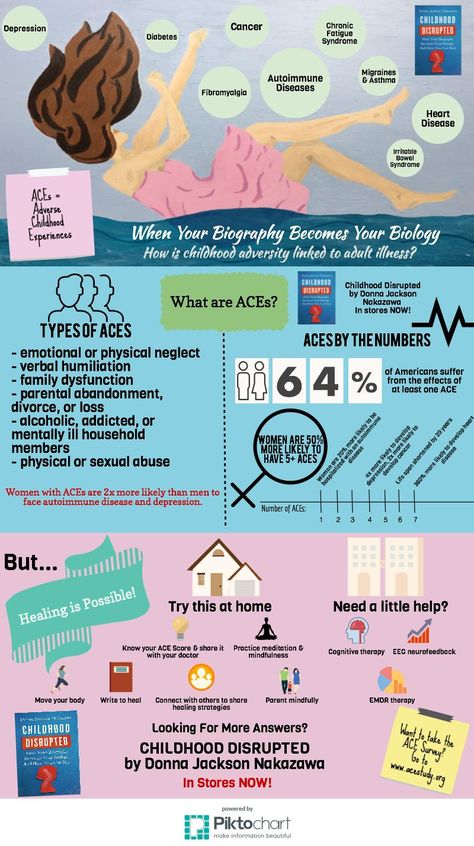
New and up-to-date information will be added to the documents in the registry office. Without making the necessary notes by the registry office, the procedure is considered incomplete. A correctly completed application is submitted to the court.
Additional rules for consideration of such cases:
- the presence of representatives of guardianship and guardianship authorities is mandatory;
- the prosecutor must be present at court hearings, as it is about protecting the rights and interests of a minor;
- if the child is 10 years old, the judge may ask him a number of questions, but if a teacher or psychologist is present;
- If the application for termination of parental rights was filed by the mother, she can provide documentary evidence that the parent is not coping with his duties and deserves the termination of parental rights.
In case of voluntary abandonment of a child, the package of documents is as follows:
- identity documents of family members who will be involved in the process;
- statement of claim from a third party for deprivation of parental rights;
- child abandonment application.
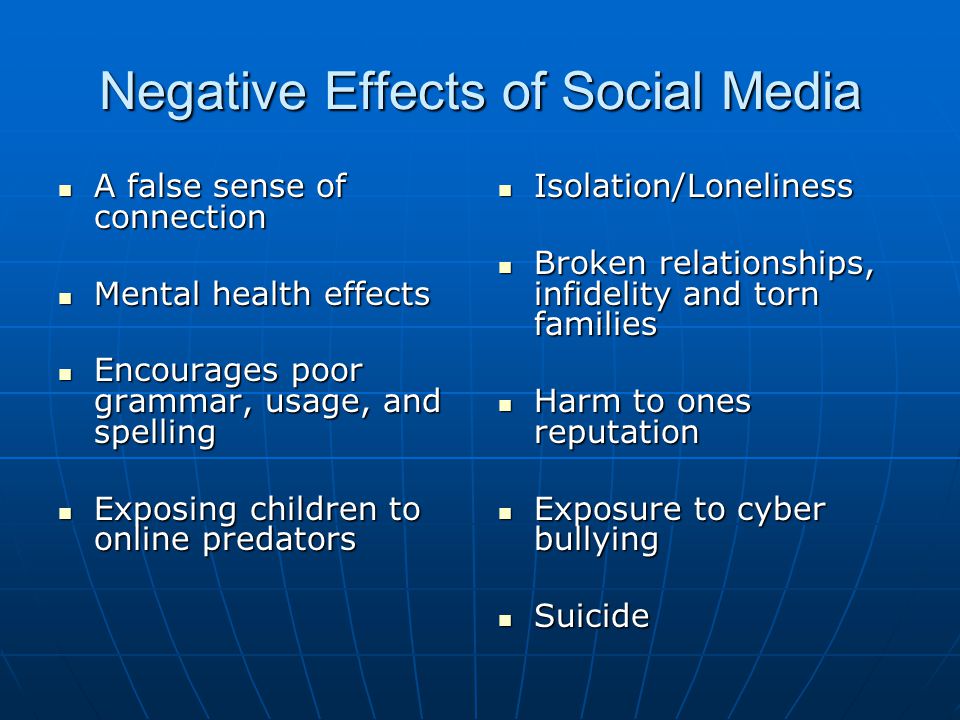
Legal consequences
Renunciation of parental rights can be voluntary or forced. In both situations the parent loses the following rights:
- Take care of the child;
- To be a representative of that person in various instances;
- Ability to protect the child and request his extradition if he is retained by third parties;
- The parent will not be able to inherit the property of a minor who has been abandoned;
- Termination of benefits and benefits to the parent;
- In case of disability, the objector will not be able to count on the support of the offspring.
Despite this, the parents remain obligated to pay maintenance for a minor until he reaches 18 years of age. You can get rid of this obligation if the baby is adopted into another family. In this case, the minimum payment period for the parent will be 6 months.
Why does a parent have to pay child support even after receiving a positive decision from the court on deprivation of parental rights? If the baby had only one parent who abandoned him, or both, information about him is entered into the database for adoption. For the entire period, while there is a family willing to take the child in for upbringing, the objector parent will pay alimony. The biological parent will be released from this obligation, according to article 120 of the RF IC , only after the end of the adoption process.
For the entire period, while there is a family willing to take the child in for upbringing, the objector parent will pay alimony. The biological parent will be released from this obligation, according to article 120 of the RF IC , only after the end of the adoption process.
It is a known fact that not all children find a foster family. In such a case, the opting-out parent will pay until the 18th birthday of their offspring. It is worth transferring funds to the bank account of the person exercising guardianship and guardianship of the small.
Is it possible to cancel the refusal?
Parents have 6 months to think about their decision. Regardless of the reason for which they expressed a desire to abandon a minor, his ancestors have the opportunity to challenge the decision of the court. If the parents did not take any action within this period, it will no longer be possible to challenge the judge's decision later.
How soon can a child be adopted?
Information about the parents is entered into the child's birth certificate by the registry office.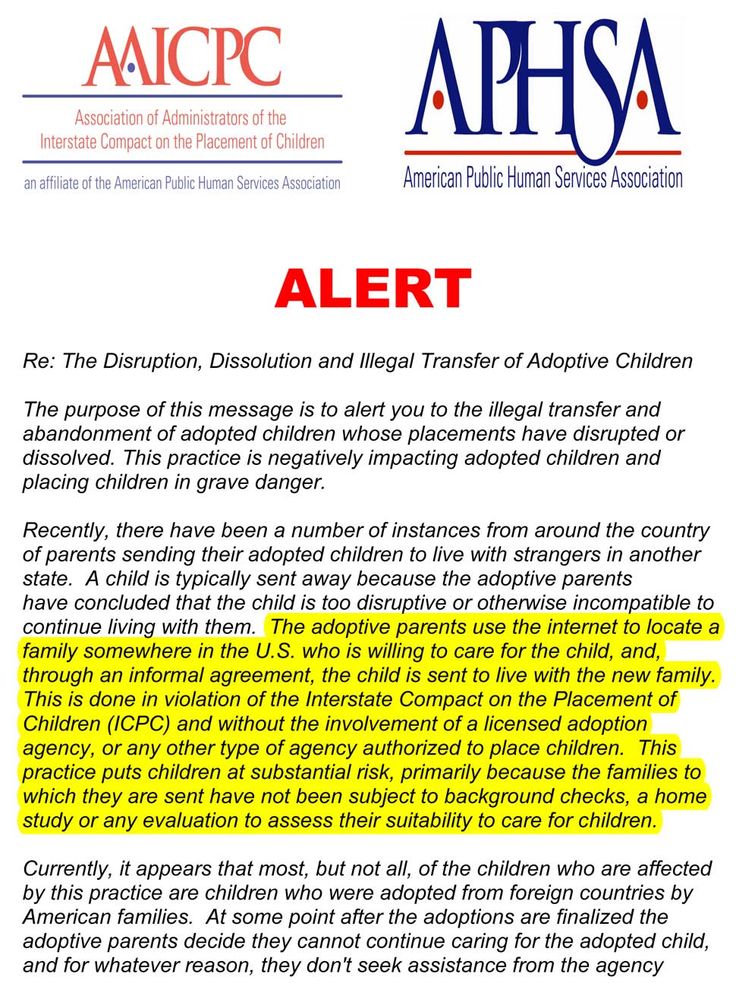 Therefore, while information about the father will be located in his column, no one will be able to adopt the boy. Also, they will not be able to give it forever to the guardianship and guardianship authorities, without initiating the process by the court.
Therefore, while information about the father will be located in his column, no one will be able to adopt the boy. Also, they will not be able to give it forever to the guardianship and guardianship authorities, without initiating the process by the court.
When a parent voluntarily gives up his offspring, after filing an application with the court, it will come into force and legal action only after six months. Further, the registry office enters in the appropriate column information about the parents, or rather, about their absence. After that, the adoption procedure becomes legally available.
Regardless of the reasons that led to the desire to deprive yourself of the obligation to raise a child, you should keep in mind some general rules when going through the procedure:
- cooperation with guardianship and guardianship authorities is welcome;
- in all instances it is worth reporting only reliable data about yourself;
- the minor must have a birth certificate;
- permission to adopt a child by third parties should be certified by a notary.

Thus, regardless of the reason for the parent's refusal of his blood, it is worth taking care that his future life is given to worthy hands.
Popular questions on the topic:
✅ How to abandon a child?
To refuse a child in a maternity hospital or before he reaches the age of majority, you must write an application to the relevant authorities and wait for its consideration. It is impossible to voluntarily abandon the baby and stop any payments for its maintenance.
✅ Refusal of the child by the mother: reasons
A mother cannot simply abandon her child, she must write an application for deprivation of parental rights and understand all the consequences of such a procedure.
✅ Can a father give up a child voluntarily?
The father has the right to abandon the child, filling out an application for deprivation of parental rights and completely removing himself from the opportunity to participate in the life of the baby.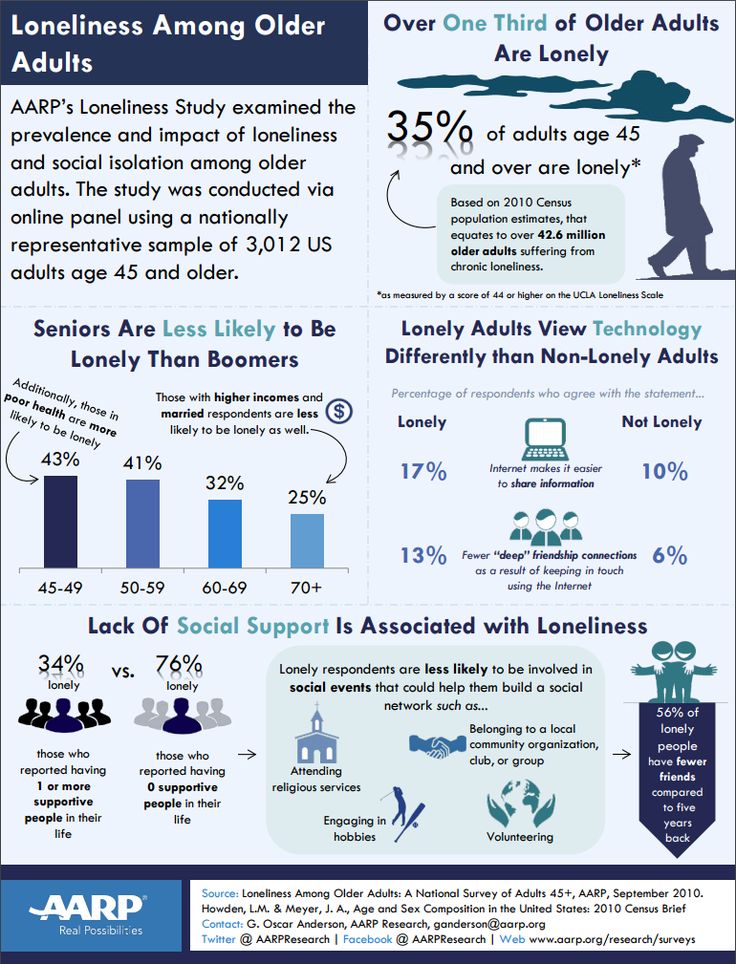
Similar
- Improved apartment layout - what is it
- How to register a child: necessary documents, basic rules, nuances of the procedure
- How is parental rights terminated?
- Where should the windows in the apartment go: north, south, west, east
- How to check the readiness of citizenship of the Russian Federation?
- Online calculator for calculating pensions for employees of the Ministry of Internal Affairs, taking into account new salaries
- Rules for returning shoes to the store within 14 days
- What does the commissioner for children's rights in Russia do
- Do I need a license for non-medical massage
- The concept of legal assessment and its role in legal regulation
Deprivation or termination?
September 07, 2017
Practice
Issue material No. 17 (250) September 1-15, 2017.
The law and the practice of its application - on whether it is possible to waive parental rights unilaterally
Does the legislator allow ceasing to be a parent without depriving parental rights, what does the court think about this and whether it is necessary to continue to take care of the child in case of abandonment ? In this article, the author shares the results of the work that was carried out to study the question of whether it is possible to waive parental rights unilaterally.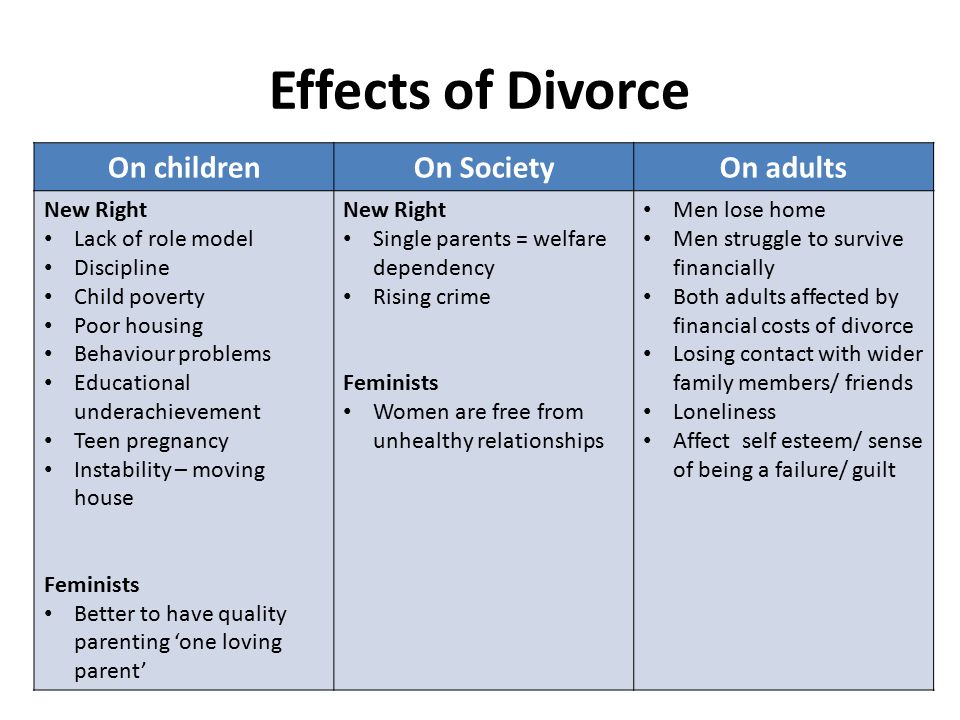
The wording is correct: we are talking about a voluntary refusal, that is, a unilateral declaration of will expressed in a form that complies with the current legislation, the result of which will be the termination of a certain right 1 .
The first and, perhaps, the most superficial answer to the question "Is it possible to give up parental rights?" - No. There is no such thing as “voluntary renunciation of parental rights” in the law. The Family Code of the Russian Federation does not provide for the possibility for parents to voluntarily and unilaterally refuse to exercise their rights and fulfill their obligations in relation to the child.
The only way provided for by the RF IC to terminate the rights in relation to a child is the deprivation of parental rights. This is a consequence that occurs in relation to parents who have committed a violation in the performance of their parental duties (the list is given in Article 69 of the RF IC).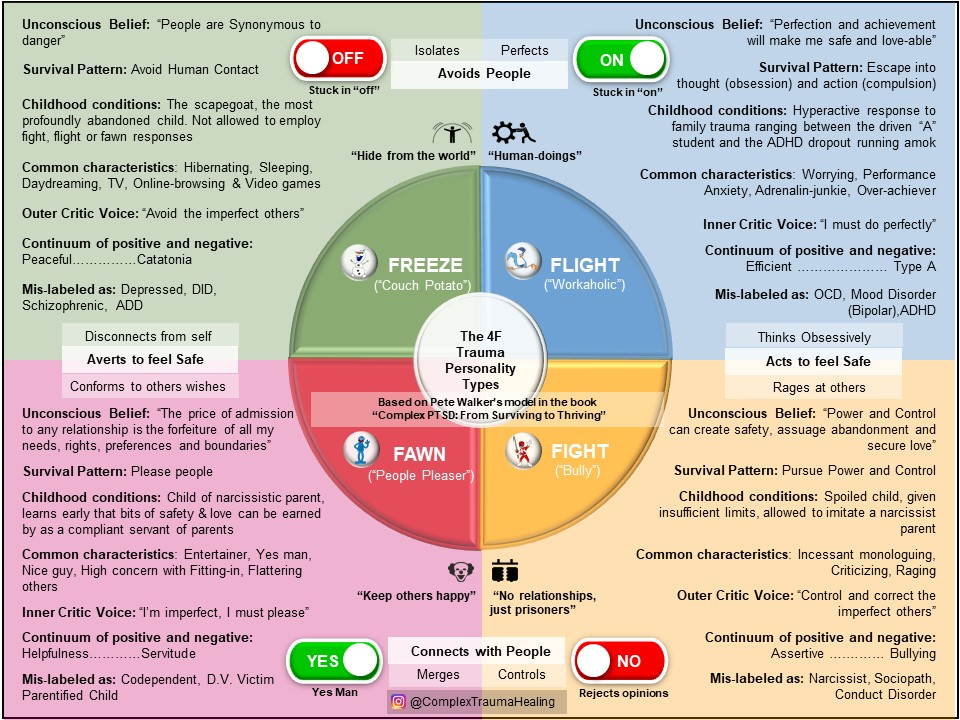
Victor GLUSHAKOV,
Partner, Attorney at Law Office Kovalev, Ryazantsev & Partners
Read the full text of the article in the printed version of AG No. 17 for 2017.
1 In the context of the issue raised, parental rights are a set of rights that are based on kinship with a child.
NBPARENTAL RIGHTS ARE INALienableThe author believes that the termination of the obligation to support the child's parents is possible only on the grounds provided for in Art. 120 RF IC. In all other cases, including the placement of a sick child on state support, the parents fulfill their obligations in relation to the child, including its maintenance. Victor Glushakov's article "Deprivation or termination?" is devoted to finding an answer to the question of whether it is possible to waive parental rights unilaterally. |
